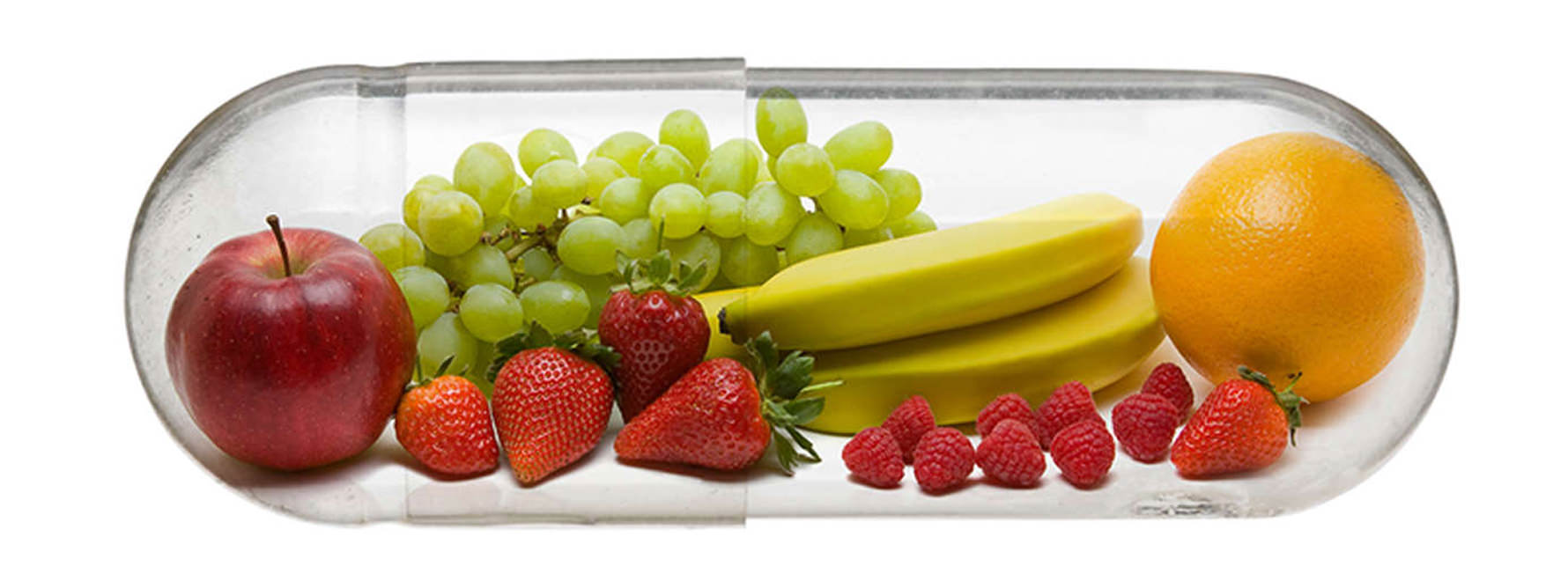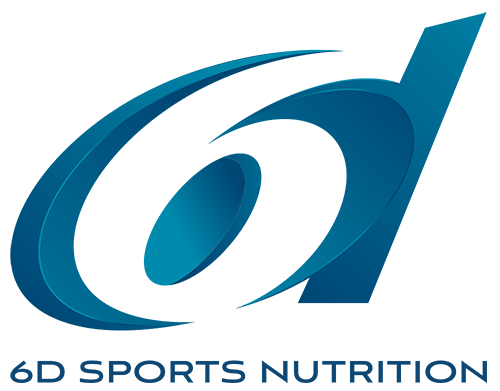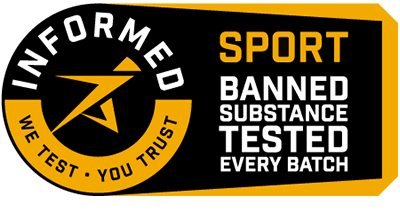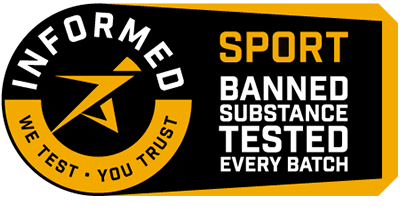Antioxidants: Friend or foe? - Part 1

During exercise, many so-called 'oxygen free radicals' are produced in the mitochondria, the 'power plants' in the muscles. These substances arise each time oxygen atoms, which are used during aerobic exercise, absorb an extra electron. Oxygen (O2) then becomes an 'aggressive' molecule for the cell and causes oxidative stress. Our body does have its own defense system against oxidative stress: antioxidant enzymes in the muscle cells efficiently break down oxygen free radicals, but often the production of O2 radicals exceeds the capacity of the defense system. This is why it seems useful at first glance to build up an extra defence system through the intake of supplements: antioxidants.
There are different types of antioxidants. The antioxidant enzymes in our muscles can only work well with sufficient availability of some minerals, such as copper, selenium, and zinc. Hence the promotion of copper, selenium, and zinc as antioxidant ingredients in all kinds of food supplements. However, a deficiency of these minerals is rare, even among elite athletes. The strongest antioxidants are found in plants that need these substances to protect themselves against UV radiation: vitamins and phytochemicals. The human body itself does not produce vitamins, nor the vitamins with an antioxidant effect, namely vitamins A, C, E, and folic acid. Coenzyme Q10 is a vitamin-like substance, which in contrast to other vitamins is sufficiently produced by the body. Finally, there are the phytochemicals, with the carotenoids, flavonoids, and polyphenols as the most important categories. Scientific studies show that oral intake of antioxidants can indeed reduce oxidative stress.
The use of antioxidants is therefore particularly popular with athletes of all types. They are promoted under the banner 'it is important to protect against muscle damage caused by oxidative stress during exercise'. This would improve performance and speed up recovery. But is this story true? After all, a training program is always a succession of breaking down (training), and building up (recovery) sequences. Progression then means that the benefit you get during recovery is greater than the damage that your training repeatedly causes. But, muscle damage during training is and remains the necessary stimulus for training adaptation. Simply call it 'NO PAIN, NO GAIN'. And that is exactly the problem with the use of antioxidants during training. Muscle damage as a result of oxidative stress is probably a necessary evil on the road to improvement, and that is precisely why you are training. Recent studies have shown that people who combine their endurance training with vitamin C and vitamin E intake make less progress for the same amount of training. Idem Coenzyme Q10. In a period in which you want to improve your aerobic capacity, antioxidant intake is certainly not appropriate, on the contrary, you slow down your previous progression. Are antioxidants completely unnecessary for athletes? No, not necessarily. After a period of training in which you build up your aerobic capacity, you want to cash it in, i.e. perform. And antioxidants may find their place there. If you want to achieve some strong performances in quick succession, you can probably limit muscle damage, and thus accelerate your recovery by taking antioxidants. For example, intake of antioxidants in the run-up to a Tour de France? No. But during the multiple stage race? Yes. After all, quick recuperation between the stages is the key to success in a Grand Tour. And so, you want to limit the amount of muscle damage in every stage as much as possible. A cyclist with classification ambitions does not go to a a Grand Tour to 'train', but to recover as best as possible from the first to the last day in order to be able to continue to perform. It is possible that antioxidants can help here. But, further research will have to confirm this.
In short: daily use of antioxidants in a training period is not recommended. Antioxidants may possibly contribute to a better recovery in a period of fast successive competitions. Important: intake of antioxidants via the normal diet, i.e. in the form of vegetables and fruit, is of course no problem, on the contrary, it is an essential part of a healthy varied diet.
Peternelj, T, Coombes, JS. Antioxidant supplementation during exercise training: beneficial or detrimental? Sports Medicine, vol 41(12), p 1043-1069, 2011
Powers, S, Radak, Z and Li Ji, L. Exercise-induced oxidative stress: past, present and future. The Journal of Physiology, vol 594, p 5081–5092, 2016.



